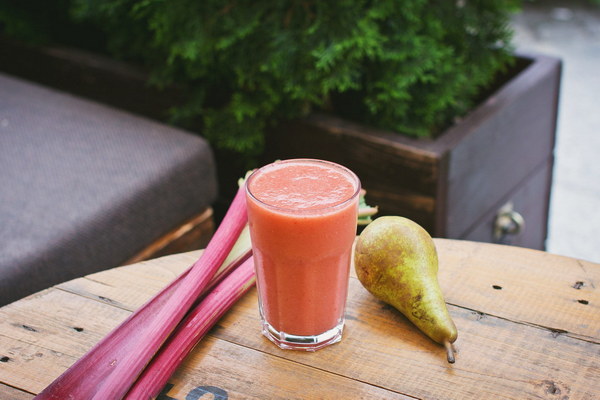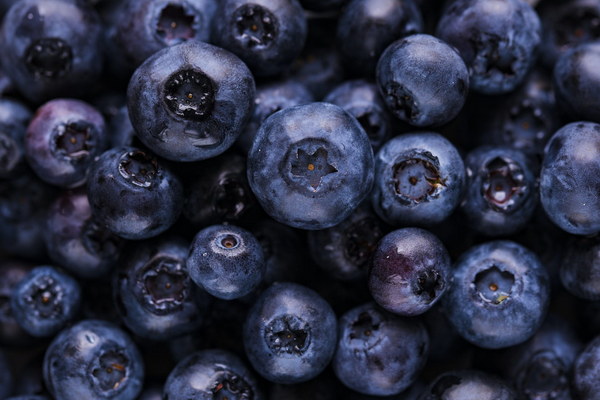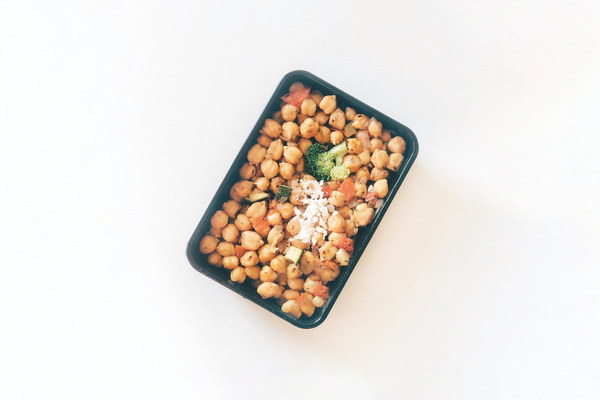Natural Remedies and Nutritious Foods for Treating Stomach Upset in 3-Year-Olds
Introducing a gentle and nutritious approach to treating stomach upset in 3-year-olds, a common issue among young children. Stomach upset can manifest as constipation, diarrhea, bloating, or discomfort, and it's essential to address it promptly. Here's a comprehensive guide to natural remedies and foods that can help soothe your little one's stomach and promote a healthy digestion.
1. Hydration is Key
Dehydration is a common consequence of stomach upset. Ensure your child drinks plenty of fluids to avoid complications. Offer water, breast milk, or formula, and consider adding a little apple juice (diluted with water) to encourage drinking.
2. Gentle Foods for Easy Digestion
Introducing the right foods can aid in digestion and alleviate stomach upset. Here are some gentle options:
- Rice: A staple in many cultures, rice is easy on the stomach and can be served plain or as a porridge.
- Applesauce: This soothing food is high in pectin, a fiber that can help regulate digestion.
- Bananas: They are high in potassium and can help with constipation.
- Oatmeal: Oats are rich in fiber and can help settle an upset stomach.
- Avocado: Avocado is a great source of healthy fats and fiber, making it a nutritious option for a stomach upset.
3. Probiotics for Gut Health

Probiotics are beneficial bacteria that can help maintain a healthy gut. You can find probiotics in yogurt (check for no added sugars) or in supplement form. Consult with your pediatrician before giving your child probiotics, especially if they have specific health concerns.
4. Herbs and Spices for Relief
Some herbs and spices have natural properties that can help soothe an upset stomach:
- Ginger: Known for its anti-inflammatory and anti-nausea properties, ginger can be added to tea or soup.
- Cinnamon: This spice is known for its digestive benefits and can be sprinkled on oatmeal or yogurt.
- Peppermint: Peppermint tea can help alleviate bloating and gas.
5. Avoid Certain Foods
Certain foods can exacerbate stomach upset in young children. It's best to avoid:
- Highly acidic foods, such as citrus fruits, tomatoes, and chocolate.
- Fatty foods, like fried chicken or fast food.
- High-fiber foods, like raw vegetables and whole grains, until the upset stomach has resolved.
6. Regular Meal Times
Establishing regular meal times can help regulate digestion. Offer small, frequent meals rather than large ones to avoid overburdening the stomach.
7. Gentle Activity
Encourage your child to engage in gentle activities, such as a walk or playtime, to help stimulate digestion. Avoid vigorous exercise, which can make stomach upset worse.
8. Monitor and Seek Professional Advice
Keep a close eye on your child's symptoms, and if they worsen or persist for more than a few days, consult with a pediatrician. They can provide guidance on the best course of action and rule out any underlying health issues.
In conclusion, treating stomach upset in 3-year-olds requires a combination of hydration, gentle foods, probiotics, and gentle activity. By following these natural remedies and dietary suggestions, you can help soothe your child's stomach and promote a healthy digestion. Always consult with a pediatrician if you have concerns or if your child's symptoms persist.









